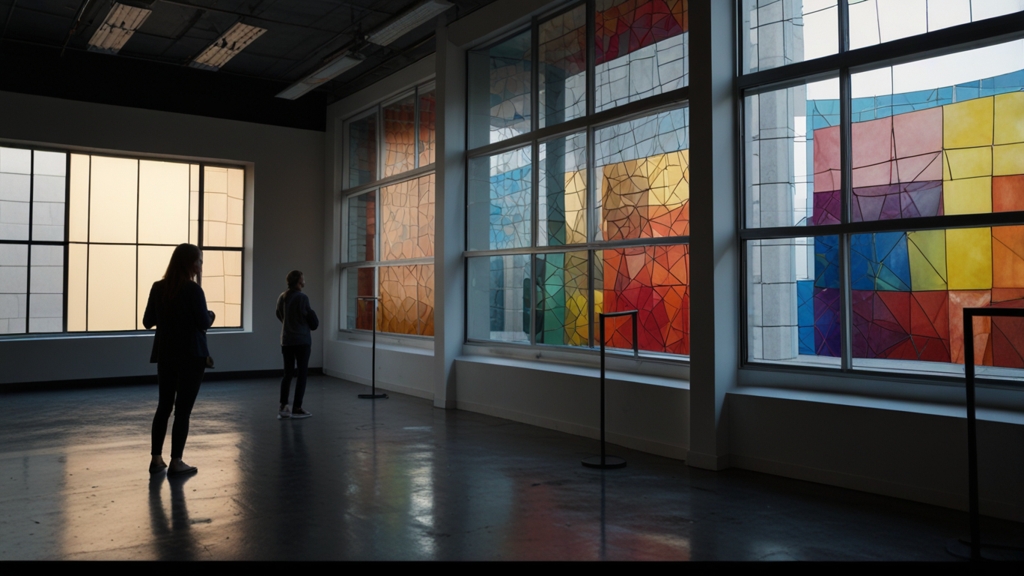How Watching Movies Can Skyrocket Your Language Skills
Learning a new language can be daunting, but there's an effective and enjoyable method that often gets overlooked: watching movies. The combination of visual and auditory stimuli provides a unique learning environment that can elevate your language skills to new heights. Here's how it works.
Immersive Context
Movies offer a rich context, bringing the culture and nuances of a language to life. When you watch a film, you're exposed to various dialects, slang, and idiomatic expressions that textbooks often neglect. This immersion helps solidify your understanding of the language in real-world situations.
"How can one possibly learn a language without understanding the culture? Movies are a window into the soul of a culture." - Anonymous
Enhanced Listening Skills
Listening is one of the most challenging aspects of language learning. Movies, however, feature a variety of speech patterns, accents, and speaking speeds, all of which help tune your ear to the language's intricacies. Unlike the often slow and deliberate speech found in language courses, movies provide authentic conversational practice.
"Listening to the speed and rhythm of native speakers in films is a game-changer. It’s like training for a marathon at an altitude; when you come back to ground level, regular conversation seems easier." - Language Enthusiast
Visual Cues and Emotional Context
One of the key advantages of watching movies for language learning is the presence of visual cues. Facial expressions, body language, and situational context help to communicate meaning, making it easier to understand dialogue even if you don't know every word. The emotional context provided by actors can also make vocabulary more memorable.
Subtitles: Friend or Foe?
Subtitles can be a double-edged sword. Used wisely, they can reinforce the spoken dialogue and aid comprehension. Initially, it may be useful to watch with subtitles in your native language to get a grasp of the plot. As your proficiency improves, switch to subtitles in the target language, and finally, challenge yourself to watch without any subtitles at all.
Building Vocabulary
Watching movies exposes you to a broad spectrum of vocabulary, from everyday conversational terms to more specialized jargon. This varied exposure helps expand your lexicon in a natural and engaging way. Keeping a notebook to jot down new words and phrases can be a handy complement to this process.
Cultural Understanding
Language is deeply intertwined with culture. Movies provide insight into social norms, cultural references, and historical contexts that are integral to truly mastering a language. Understanding these elements will enhance your ability to communicate effectively and respectfully in different cultural settings.
Practical Tips
To maximize the benefits of watching movies for language learning, consider the following tips:
- Choose Wisely: Pick movies that match your current skill level. Animated films, for instance, often feature simpler language that's easier to understand.
- Active Watching: Don't just watch passively. Pause to repeat phrases, mimic pronunciation, and note down new vocabulary.
- Consistency: Make it a habit. Regular exposure is key to retaining and improving your language skills.
- Engage with Content: Discuss what you watched with others or write a short summary in the target language to reinforce what you've learned.
"The beauty of learning through movies is that it doesn’t feel like studying. It feels like a delightful journey into another world where you naturally pick up the language along the way." - Language Learner
Conclusion
Watching movies can significantly enhance your language skills by providing immersive, contextual, and enjoyable learning experiences. It's a practical supplement to traditional language study methods and can inject fun into what might otherwise be a rigorous learning process. So grab some popcorn, hit play, and watch your language skills soar!








